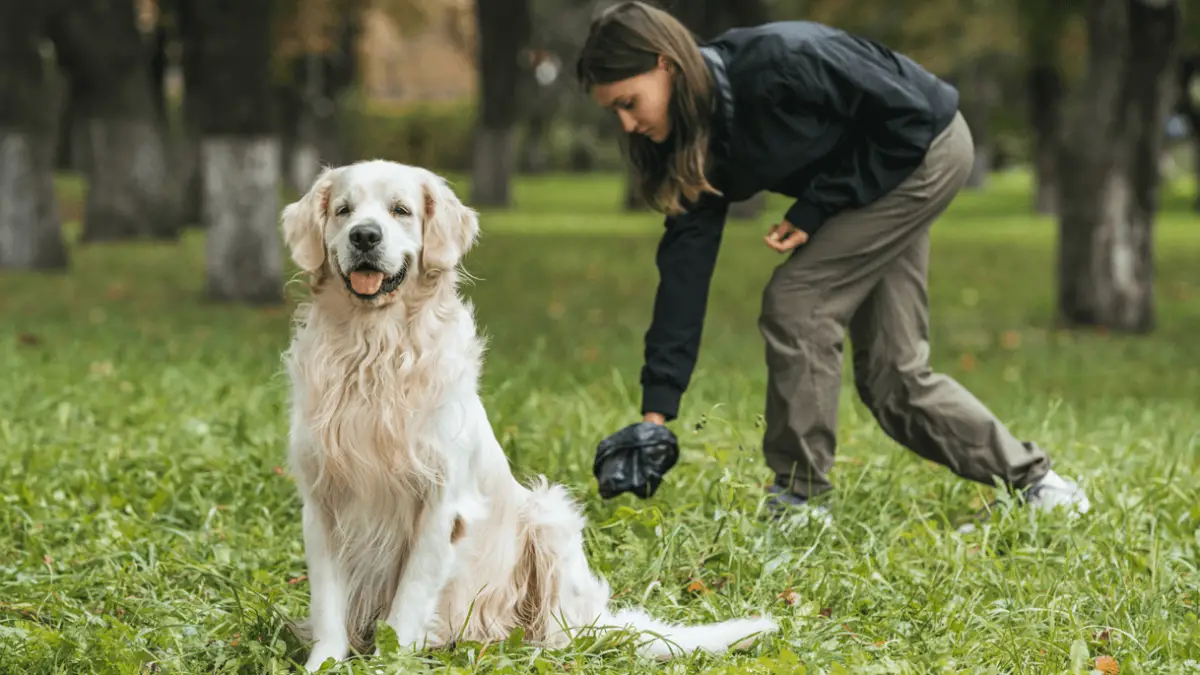How to Spot Colitis in Dogs?
19.10.2021.
Dogs are prone to gastrointestinal issues; most dog owners are very aware of that fact. Diarrhea is a common problem in dogs, and different things can cause it. One of the potential causes is colitis. If your dog has relatively painful diarrhea, it is most likely colitis’ fault. However, there are treatments available that can help your dog relatively fast. Here’s what dog owners need to know about colitis in dogs.
What is colitis in dogs?
The easiest way to describe and define colitis is - inflammation of the colon (large intestine). It is often called “large bowel diarrhea,” and it means the exact same thing. The affected dog’s colon gets inflamed, and it will most likely cause bloody diarrhea that contains mucus. Some dogs get it, and after they recover, the issue is gone, but some dogs have recurring colitis that will follow them through their life.
What causes colitis?
There are different things that can cause colitis. It can be an infection or a reaction to another underlying issue that needs to be treated in order to get rid of colitis. Here are some of the most common colitis causes;
- Infections (Salmonella, E. coli)
- Stress
- Trauma
- Allergies
- Primary inflammatory bowel disease
- Parasites
VET TIP: If you think your dog might have colitis, it would be really helpful if you brought your dog’s stool sample with you when your dog comes for a checkup. We know it is not the prettiest thing to get ahold of, but it is extremely helpful. If that is too much for you, you can take a photo of the stool instead.

What are the symptoms?
The best thing dog owners can do for their dogs is to notice a health issue early. The sooner the treatment begins, the quicker the disease goes away. Being a dog owner means you have to keep an eye on your dog’s urine and stool. When you pick up after your dog, glance at their stool and make sure nothing looks weird. Colitis in dogs is pretty hard to miss, so you have to make sure you notice colitis symptoms early and notify your vet. The most common symptoms of colitis in dogs are;
- Diarrhea that contains blood or mucus, or both
- Painful abdomen
- Vomiting
- Difficulty defecating
The easiest way of spotting colitis is by looking at the dog’s stool. Other symptoms might not appear right away, but the bloody, mucusy diarrhea will most likely occur right away.
Blood in the dog’s stool can mean different things. You can read more about it here - What does blood in dog stool mean?
How is it diagnosed?
Vets have different methods of diagnosing colitis in dogs. Different tests can confirm the issue, and vets might have to perform many of them to rule out underlying problems that cause colitis. Here are some of the things vets will do to diagnose colitis in dogs;
- Rectal examination
- Microscopic stool examination
- Blood tests
- Dog’s medical history
- Cytology
If the vet suspects underlying issues are causing your dog’s colitis, they might perform additional tests to rule out or confirm those problems. Those tests are;
- X-rays
- Colonoscopy
- Colon biopsy
- Barium enema
- Fecal cultures
- Abdomen ultrasound
Things like tumors, polyps, cecal inversion, or irritable bowel syndrome can cause colitis, and they should be ruled out in some cases. Usually, the dog will have other symptoms that might point in one of the directions.
How is colitis in dogs treated?
The exact cause of colitis will determine the best treatment. Your vet must make the right diagnosis because that is crucial for the correct treatment method. The good news is that colitis is not that dangerous, and most dogs get better after treatment. Some things your vet might advise you to do to help your dog are;
- Fasting for 24 - 48 hours
- Special diet for a short period (bland diet or vet food for dogs with colitis)
- Increase fiber content or include fiber supplements like FOS (fructooligosaccharides)
- Antimicrobial drugs
- Immunosuppressive drugs
- Anti-inflammatory drugs (but never NSAIDs, like carprofen)
Make sure you stick to your vet’s instructions. The dog should feel better after a couple of days, so if symptoms still show, make sure you call your vet and tell them about it. Chances are, the dog has some underlying issues that can cause colitis to continue.
World Dog Finder team







Share